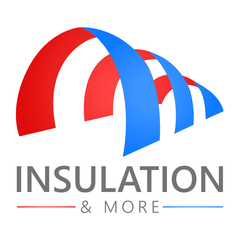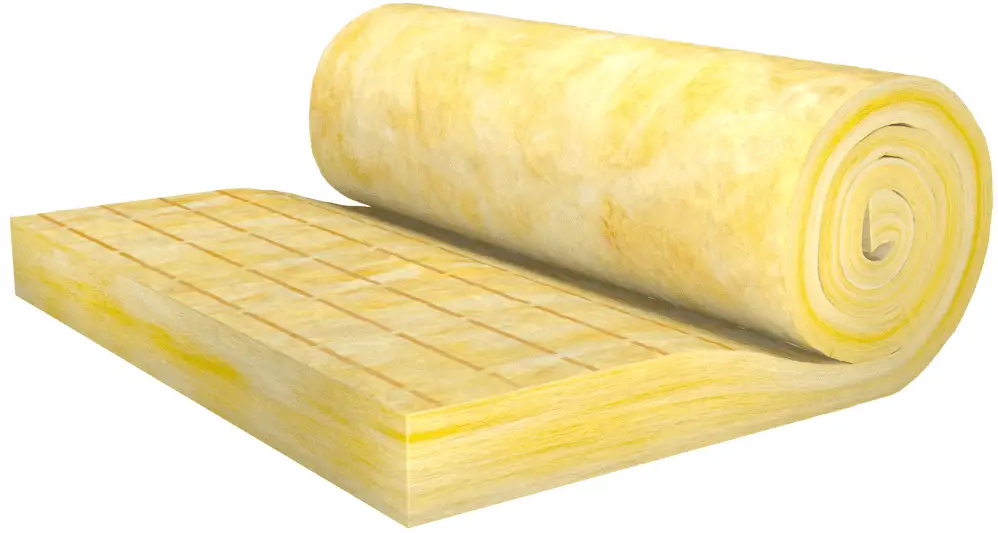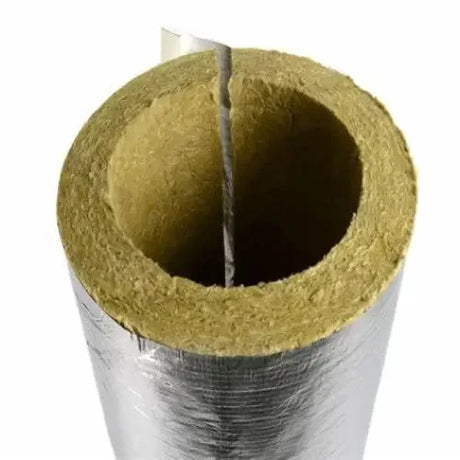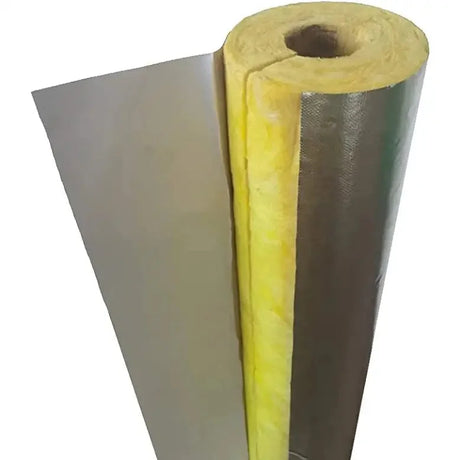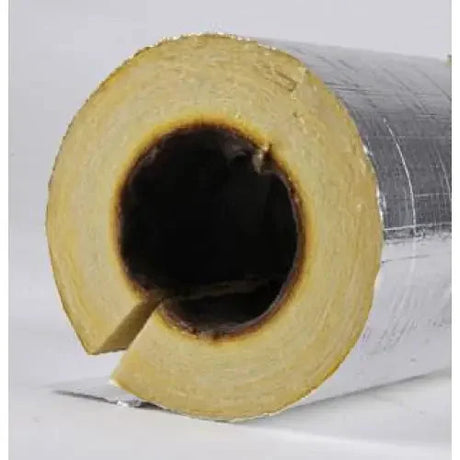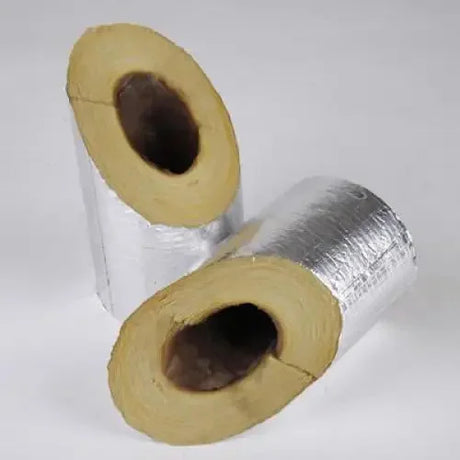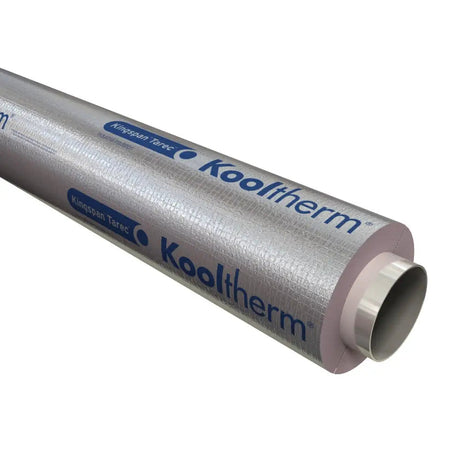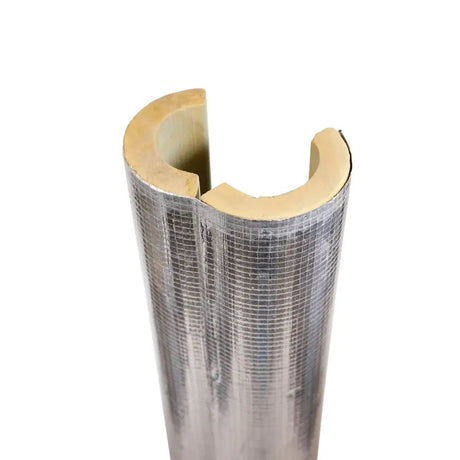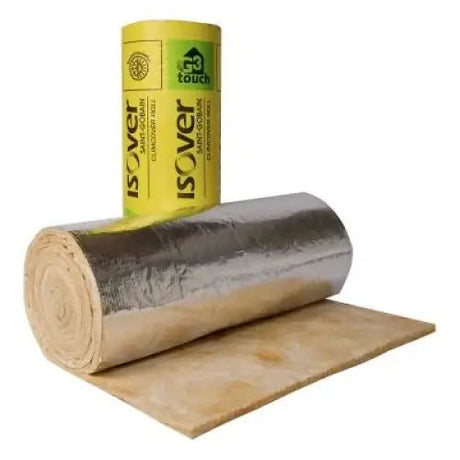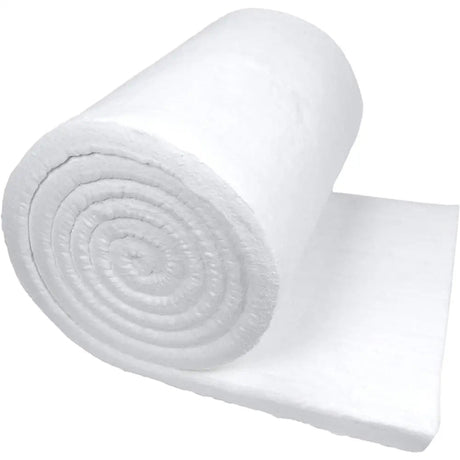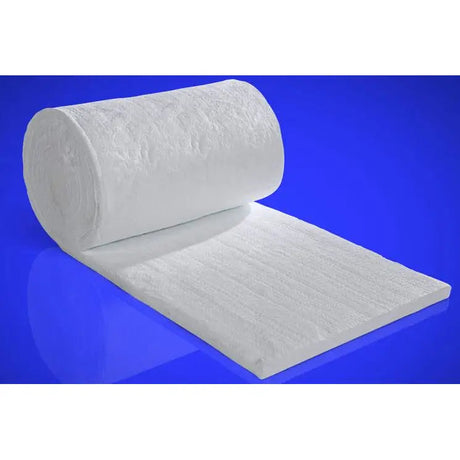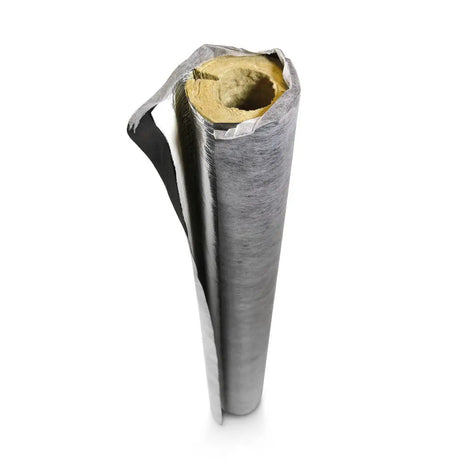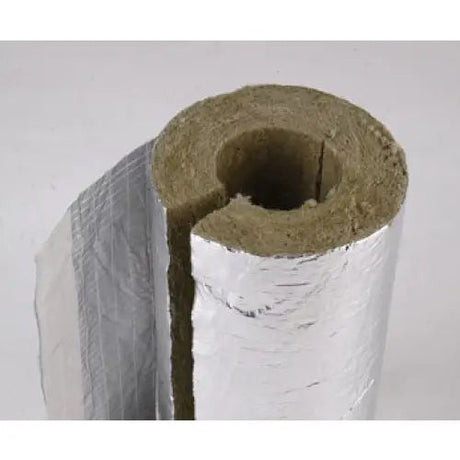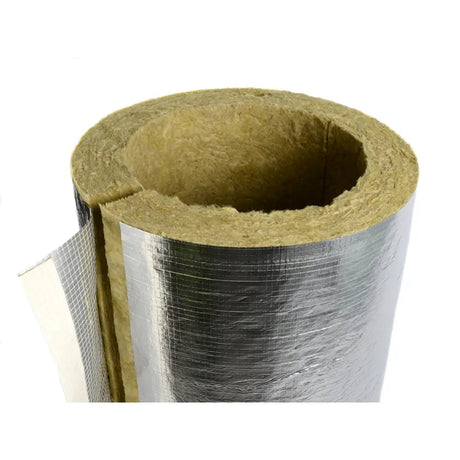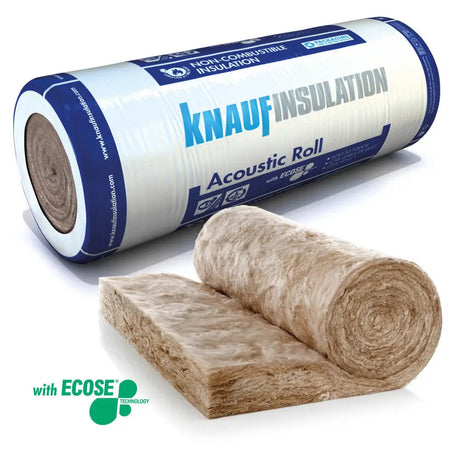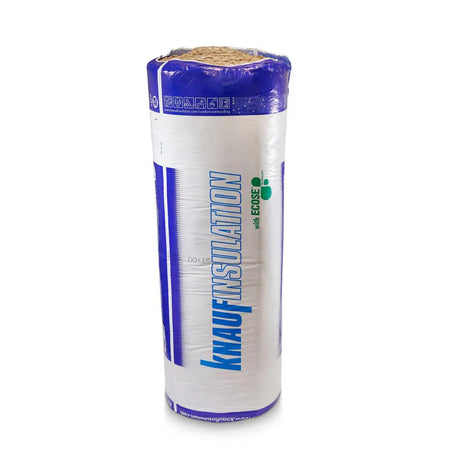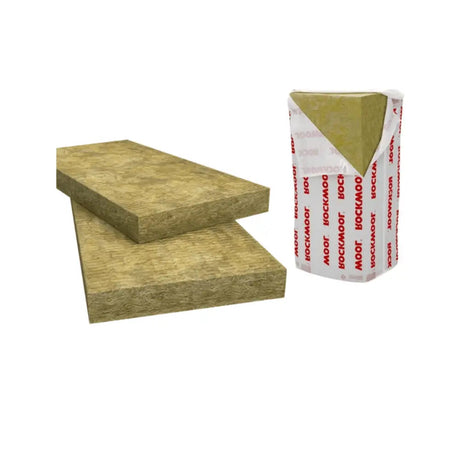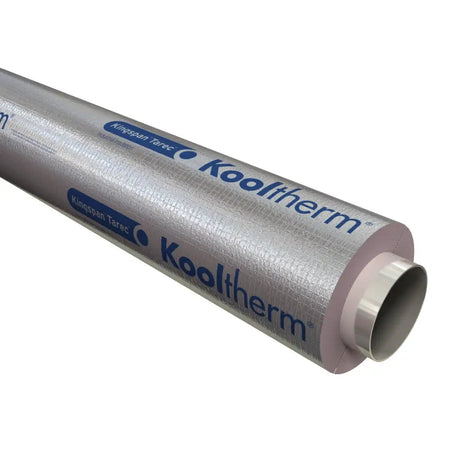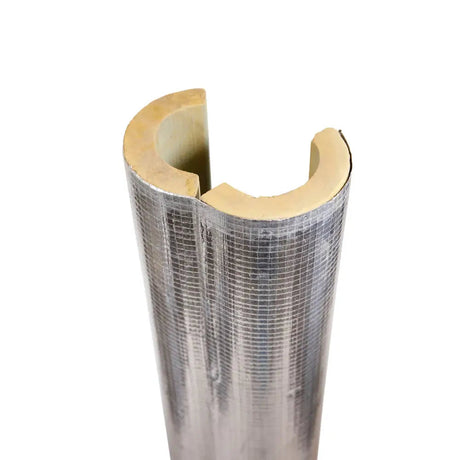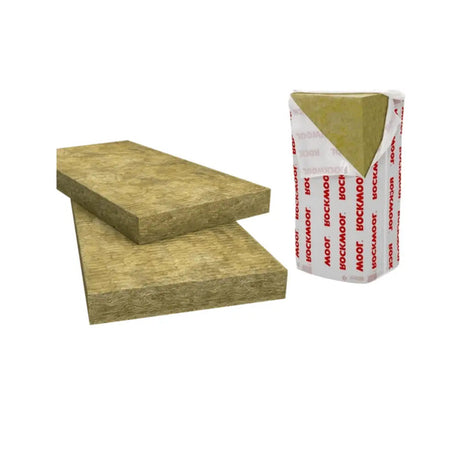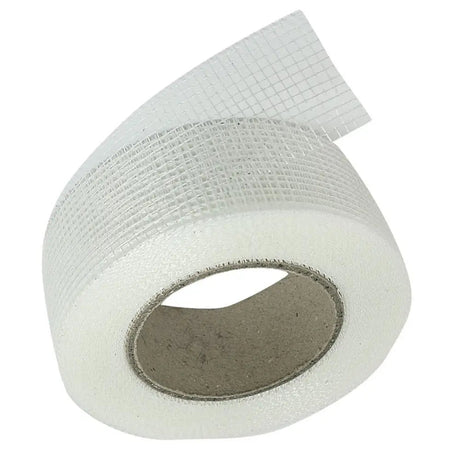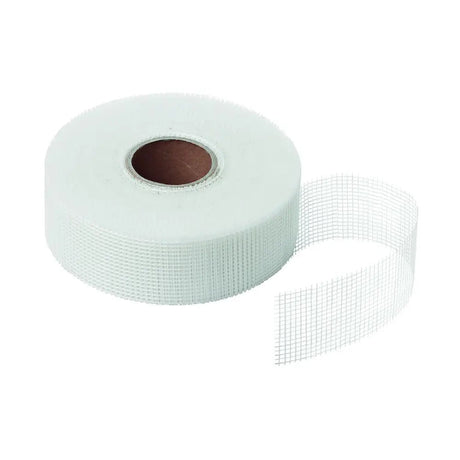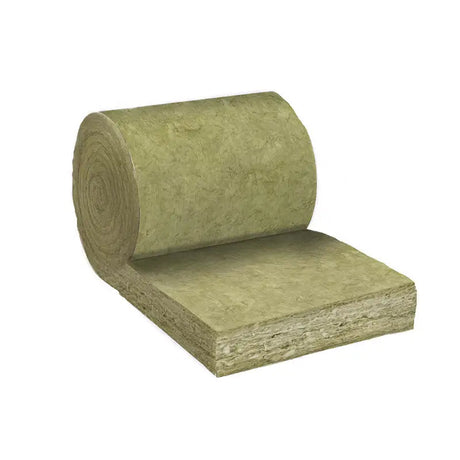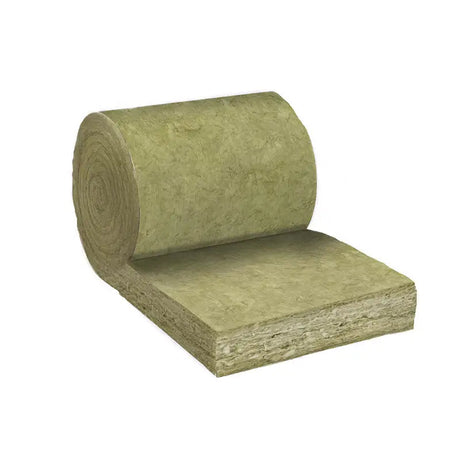Rockwool
Rockwool (Paroc) Foil Faced Pipe Insulation/Pipe Lagging (1m)
From £438Unit price /UnavailableIsover
Fiberglass Pipe Insulation / Lagging (Foil Covered) (1.2m)
From £605Unit price /UnavailableInsulation & More
Superwool Plus & HT Ceramic Wool Insulation (Superwool Blanket)
From £11949Unit price /UnavailableRockwool
Rockwool (Paroc) Pipe Insulation in PIB Cladding
From £1334Unit price /UnavailableIn stockInsulation & More
Unbranded Mineral Wool Pipe Insulation/Lagging (Foil Covered)
From £504Unit price /Unavailable
Understanding the Power of Fiberglass Insulation
In our constant quest for creating more energy-efficient and safer spaces, we've come across a myriad of materials that promise to offer insulation and protection. Among them, Fiberglass Insulation has stood the test of time, offering both versatility and efficiency. Here, we'll delve deep into the intricacies of Fiberglass Insulation, highlighting its numerous benefits and why it remains an optimal choice for homeowners and professionals alike.
A Glimpse into the History of Fiberglass Insulation
Fiberglass Insulation has its roots firmly embedded in history. Long before the modern version came into existence in 1932, ancient civilizations like the Egyptians and Phoenicians utilized glass wool, a precursor to fiberglass. Over time, as technology evolved, the fiberglass material was introduced, offering a variety of shades, including pink, white, yellow, and green. Primarily found in a blanket form known as Insulation Batts, this material is valued for its adaptability. Its customizable nature allows users to cut and shape it according to specific project needs.
Benefits of Fiberglass Insulation: Beyond Just Temperature Regulation
While its primary role is temperature regulation, Fiberglass Insulation serves multiple other purposes:
1. Cost-Effective Solution
Fiberglass batt insulation is not only efficient but is also budget-friendly. This makes it accessible for a broad spectrum of users, ensuring everyone can enjoy the comforts of a well-insulated space.
2. Safety First: Fire and Electrical Protection
Safety is paramount, and fiberglass insulation delivers on that front. Its resistance to fire, coupled with protection from electrical short circuits, ensures a safer environment.
3. Superior Sound Absorption
Peace and tranquility are essential for any space. With its excellent sound-absorbing properties, fiberglass insulation acts as a formidable barrier against noise, fostering serene environments.
4. Environmental Responsibility
Sustainability is the need of the hour. Fiberglass insulation promotes green practices, being easily recyclable. Moreover, recycled fiberglass wool has multiple applications, furthering its eco-friendly appeal.
5. Simple Installation Process
For those looking for hassle-free solutions, fiberglass batts are a dream come true. They seamlessly fit into various spaces, eliminating any installation woes.
However, while fiberglass insulation offers numerous benefits, it's essential to handle it with care. Direct contact may lead to minor irritations, so always ensure to wear gloves when working with the material.
Acoustic and Fireproofing Capabilities
In an increasingly noisy world, the acoustic benefits of fiberglass insulation can't be emphasized enough. Serving as a potent sound barrier, it minimizes external disturbances, ensuring calm interiors.
Additionally, its fireproofing capabilities further its desirability. By controlling extreme heat flows, it plays a pivotal role in preventing fires, enhancing the safety quotient of any space.
Tackling Interstitial Condensation
Condensation, specifically Interstitial Condensation, is a significant concern for internal wall insulation. This phenomenon arises due to trapped warm and humid air, leading to potential corrosion and decay. Thankfully, Fiberglass Insulation actively prevents condensation build-up, safeguarding against moisture-related damages.
The Moisture-Resistant Advantage
The resilience of Fiberglass Insulation against moisture is noteworthy. This resistance not only ensures the longevity of structures but also actively prevents deterioration from external factors like flooding.
Fiberglass Insulation: The Final Verdict
Available in both pre-cut batts and blown-in loose fill forms, Fiberglass Insulation is undeniably superior to many of its counterparts, such as cellulose and spray foam insulation. Its thermal efficiency, soundproofing abilities, and resistance against fire and moisture make it an invaluable asset for any space. Whether you're constructing a new building or revamping an existing one, Fiberglass Insulation is the choice that guarantees comfort, safety, and cost savings.
F.A.Q. about Fibreglass Insulation
What is Fiberglass Insulation and what are its primary uses?
Fiberglass Insulation is an insulating material made from fine fibers of glass. Its primary uses include providing thermal and acoustic insulation, especially for spaces between rafters, timber frame walls, and cladding systems. This insulation aids in maintaining temperature balance within homes and offices by preserving heat during winters and keeping spaces cool in the summer.
What are the benefits of using Fiberglass Insulation in homes and offices?
Fiberglass Insulation offers several benefits including cost-effectiveness, safety, sound absorption, moisture resistance, recyclability and ease of installation.
Are there any precautions to consider while handling Fiberglass Insulation?
Yes. Direct contact with Fiberglass Insulation's small particles can cause skin irritations, such as itchiness and rashes. It's advised to wear gloves and protective clothing when handling this type of insulation to prevent direct contact with the skin.
How does Fiberglass Insulation aid in preventing Interstitial Condensation?
Interstitial Condensation refers to the accumulation of moisture within walls and floors due to trapped warm and humid air. This can corrode and deteriorate building structures over time. Fiberglass Insulation assists in preventing this condensation build-up, protecting structures from dampness and moisture-related damages.
How does Fiberglass Insulation compare to other insulation materials like cellulose and Spray Foam?
Fiberglass Insulation is more efficient compared to its alternatives like cellulose and Spray Foam insulation. Besides providing excellent thermal and acoustic insulation, Fiberglass also offers added advantages such as fire resistance, moisture resistance, and ease of installation. Whether you're building a new home or renovating an existing one, Fiberglass Insulation can enhance the building's thermal efficiency, help reduce energy costs, and ensure a safer living environment.
What is the difference between pre-cut batts and blown-in loose fill fiberglass insulation?
Pre-cut batts are fiberglass insulation materials that come in standard-sized rectangular pieces, suitable for easy installation between wall studs, floor joists, and rafters. Blown-in loose fill, on the other hand, comprises small particles of fiberglass that are blown or sprayed into place using specialized equipment. This method is especially effective for covering irregular spaces or areas with obstructions.
How does fiberglass insulation contribute to energy savings?
By effectively trapping air and reducing heat transfer, fiberglass insulation ensures that indoor spaces maintain their desired temperatures with less reliance on heating or cooling systems. As a result, HVAC systems run less frequently, leading to reduced energy consumption and lower utility bills.
Is Fiberglass Insulation eco-friendly?
Yes. Fiberglass insulation is environmentally friendly in several ways. Firstly, it's made from abundant and naturally occurring materials. Secondly, it's recyclable, meaning old or discarded insulation can be reprocessed into new products. Moreover, by improving energy efficiency in homes and buildings, it reduces the carbon footprint associated with excessive heating and cooling.
Why might someone choose fiberglass insulation over wool or spray foam?
While all insulating materials have their advantages, fiberglass insulation stands out for several reasons:
- Cost: Generally, fiberglass is more affordable than spray foam.
- Installation: Fiberglass batts are easier and quicker to install compared to some other types.
- Non-Absorbency: Fiberglass does not absorb or hold water, reducing risks of mold and structural damage.
- Fire Resistance: Fiberglass insulation is naturally fire-resistant, adding an extra layer of safety.
- Soundproofing: Its excellent sound-absorbing qualities make it ideal for noise control.
How often should fiberglass insulation be replaced?
Under normal conditions and with proper installation, fiberglass insulation can last for decades. However, if it becomes wet, damaged, or compressed, its effectiveness can diminish. Regular inspections are advised, and if issues like mold, pests, or significant settling are noticed, it might be time for replacement or supplementation. Proper maintenance ensures optimal energy-saving benefits and continued indoor comfort.
For further queries or product information, please reach out to our team.
